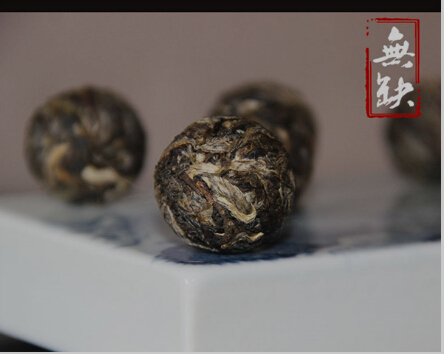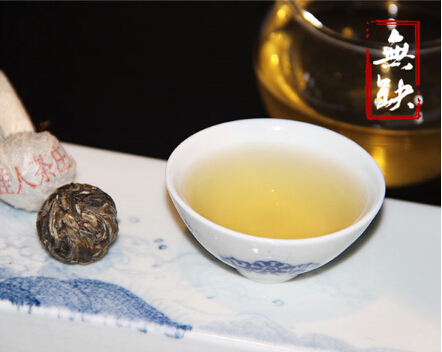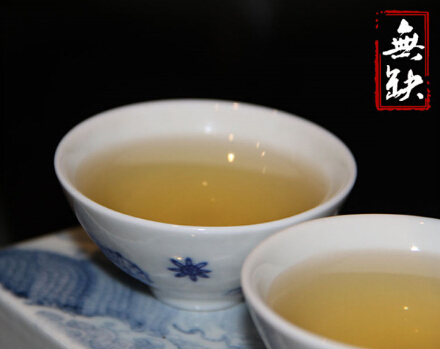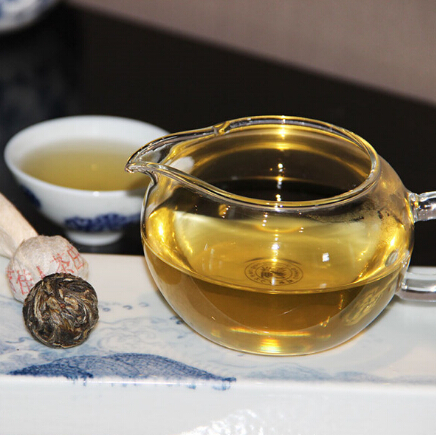
Drinking tea has many benefits, such as beauty enhancement, heat-clearing, and stomach nourishment. However, science tells us that everything has two sides. While there are advantages, there are also drawbacks. Tea is not suitable for everyone in all situations. Recently, some tea enthusiasts left messages under my WeChat (dydy600) and Sohu column "Dong Yue Talks About Tea" asking who should avoid drinking tea. For regular tea drinkers, this is essential knowledge. Today, let’s discuss who should avoid drinking tea.
First and foremost are pregnant women. Pregnant women are precious, and not just tea—many things should be avoided. Pregnant women are not entirely prohibited from drinking tea, but they must avoid strong tea.
Tea leaves contain large amounts of tea polyphenols, caffeine, and other substances that can negatively affect fetal development. To ensure the baby’s intellectual growth and avoid overstimulation from caffeine, pregnant women should drink little or no tea.
Additionally, it’s best for breastfeeding mothers to avoid tea, as the caffeine in tea can pass into breast milk, indirectly stimulating the baby and potentially causing frequent nighttime crying and sleeplessness.

Second are individuals with stomach ulcers. Stomach ulcer patients are not entirely unsuitable for drinking tea but should avoid strong tea. However, drinking moderate amounts of ripe tea or aged raw tea (which are mild and less irritating) after meals can help repair and protect the stomach.
Tea stimulates gastric acid secretion, especially new tea. Drinking too much tea or strong tea may increase gastric acid production, aggravating the condition. For mild cases, drinking weak tea—preferably ripe tea or aged raw tea—one or two hours after meals can aid in reducing inflammation and protecting the stomach lining. Tea also blocks the synthesis of nitrosamines in the body, preventing precancerous mutations.
For those with stomach issues, drinking mild aged tea or ripe tea in moderation can alleviate symptoms, while new raw tea or strong tea may burden and irritate the stomach. This explains why some tea lovers claim that tea is bad for the stomach, while others argue the opposite. The type of tea and the timing of consumption vary from person to person.
Tea enthusiasts with health concerns should carefully determine which tea suits them, especially since Pu-erh tea varies significantly between raw and ripe, new and aged. Always prioritize health. If unsure, feel free to contact me via WeChat: dydy600.

Third, individuals with fever should avoid tea, as the caffeine in tea can raise body temperature and worsen the condition.
Fourth, those with neurasthenia should limit tea consumption, especially in the afternoon and evening. The caffeine in tea stimulates the central nervous system, potentially exacerbating insomnia. Such individuals can drink weak tea in the morning and mild black tea in the afternoon but should avoid tea at night to ensure restful sleep.
Fifth, anemia patients should avoid excessive tea consumption. The tannic acid in tea binds with iron, forming insoluble compounds that hinder iron absorption.
Sixth, individuals with urinary stones should avoid tea. Urinary stones are often calcium oxalate stones, and tea contains oxalic acid, which can combine with calcium in urine, worsening the condition.
Seventh, those with liver conditions should avoid excessive tea, especially strong tea. Most caffeine in tea is metabolized by the liver. Overconsumption can strain the liver.
Another common scenario is using strong tea to sober up after drinking. While this may not harm healthy individuals, those with kidney issues should avoid it. Of course, alcohol is harmful, and abstinence is best.

Tea stimulates the central nervous system, and drinking strong tea after alcohol can burden the heart. Those with heart conditions should avoid this practice.
Additionally, tea accelerates diuresis, causing toxic aldehydes from alcohol to be excreted before being broken down, which can irritate the kidneys. Therefore, individuals with heart or kidney conditions should avoid tea after drinking, especially strong tea.
Lastly, women should avoid tea during menstruation, as it may worsen menstrual pain.
Most of the above situations relate to health conditions, while a few are specific to certain periods. Tea lovers should adjust their tea choices based on their health status.
For further questions, feel free to contact me via WeChat: dydy600.
By Dong Yue | Founder of Nanming Jiaren, Senior Tea Art Master.